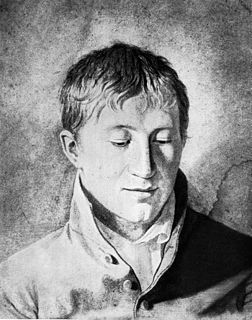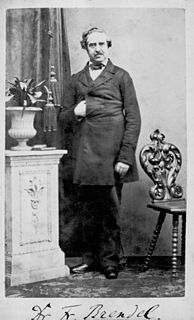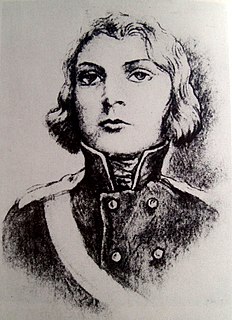| Theodor Körner | |
|---|---|
| Opera by Wendelin Weißheimer | |
 The opera's protagonist, German poet and soldier Theodor Körner | |
| Librettist | Louise Otto-Peters |
| Premiere | 1872 Hoftheater in Munich |
Leyer und Schwert (Lyre and Sword) (modern German spelling Leier und Schwert) is a patriotic opera in five acts composed by Wendelin Weißheimer to a libretto by Louise Otto-Peters. Also known as Theodor Körner, the opera was composed in 1863/64 and premiered in Munich in 1872. The libretto is based on an episode in the life of the German poet and soldier Theodor Körner.
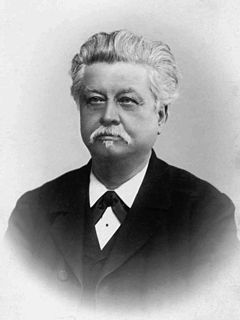
Wendelin Weißheimer was a 19th-century German composer, conductor, essayist, teacher and music writer. He studied with Franz Liszt and was in close contact with Richard Wagner, Hans von Bülow, Peter Cornelius, Louise Otto-Peters, Ferdinand Lassalle, August Bebel and many other notable musicians.
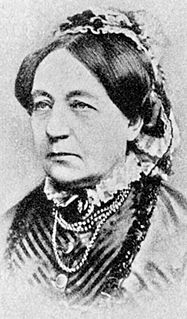
Louise Otto-Peters was a German suffragist and women's rights movement activist who wrote novels, poetry, essays, and libretti. She wrote for Der Wandelstern [The Wandering Star] and Sächsische Vaterlandsblätter [Saxon Fatherland Pages], and founded Frauen-Zeitung and Neue Bahnen specifically for women. She is widely acknowledged as the founder of the Allgemeiner Deutscher Frauenverein [General German Women's Association].

Carl Theodor Körner was a German poet and soldier. After some time in Vienna, where he wrote some light comedies and other works for the Burgtheater, he became a soldier and joined the Lützow Free Corps in the German uprising against Napoleon. During these times, he displayed personal courage in many fights, and encouraged his comrades by fiery patriotic lyrics he composed, among these being the "Schwertlied", composed during a lull in fighting only a few hours before his death, and "Lützows wilde Jagd", each set to music by both Carl Maria von Weber and Franz Schubert. He was often called the "German Tyrtaeus."









